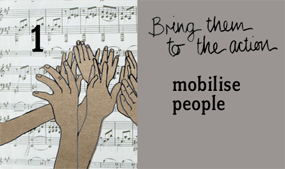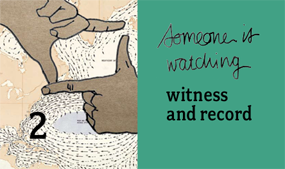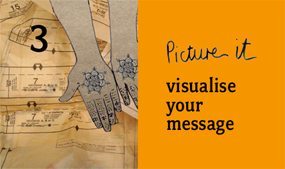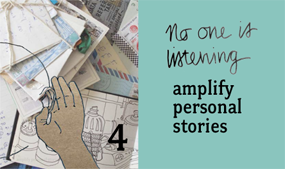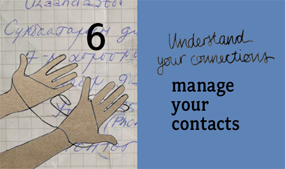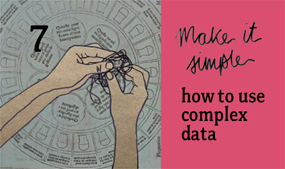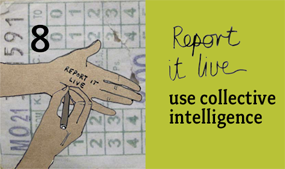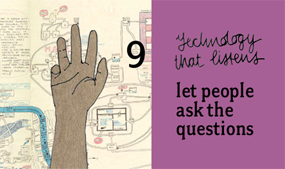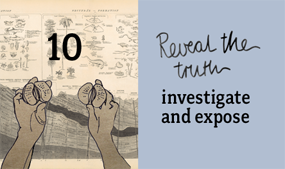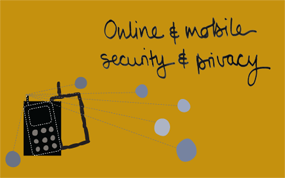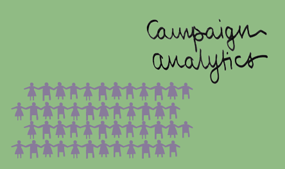On 25 March, 15 members of the Geneva Web Group, representing 12 organisations and agencies, met at the Secretariat of the International Federation of Red Cross and Red Crescent Societies (IFRC) in Switzerland for a screening and discussion of the “10 Tactics” film. The “Geneva Web Group” is an informal forum where UN Agencies, NGOs, International Organizations and other web professionals get together to discuss and share problems and solutions that matter to web professionals.
Timo Luege, who organised the event, works as the Senior Communications Officer at IFRC. He has recently returned from Haiti and is soon to be returning (you can read his blog here and follow his twitter as he will be tweeting his experience in Haiti). He had this to say about the event: "I loved the case studies! Tactical Tech clearly made an effort to find relevant, fresh examples." Feedback for the film was very positive with the participants echoing Timo's view that it was particularly interesting since a lot of the examples were not the same as those that many people working in their field are now familiar with. Given that many members of the audience are working for organisations that focus on humanitarian relief, the discussion primarily focused on that context. A lot of the follow-up discussion was around the perceived gap between technical solutions that make it possible to crowdsource the gathering of data on the one hand, and the ability to turn that information into concrete action, on the other.

IFRC works in four core main areas: promoting humanitarian principles and values; disaster response; disaster preparedness; and health and care in the community. Disaster response represents the largest portion of their work and with the increase in recent years of the number of natural disasters, they now devote more attention to disaster preparedness activities. The discussion after 10 tactics generated many important questions about the use of information and digital tools for disaster management and risk reduction. For example, the particiants considered how digital tools can help ensure that the right people in the right organisations get the information they need to help people in emergency situations, such as after an earthquake. Considering that so many organisations are operational after a disaster, it is often more complex to manage timely and critical information flows. The UN Office for the Coordination of Humanitarian Affairs (OCHA) was mentioned as one logical choice to lead this process. However, doubts remained whether OCHA has the resources and the ability to provide this coordination. Everybody agreed though, that this is an area that organisations working in the area of disaster management need to tackle quickly and collectively, since getting this right will enable humanitarian organisations to save lives.
Story by Timo Luege and Tactical Tech.



